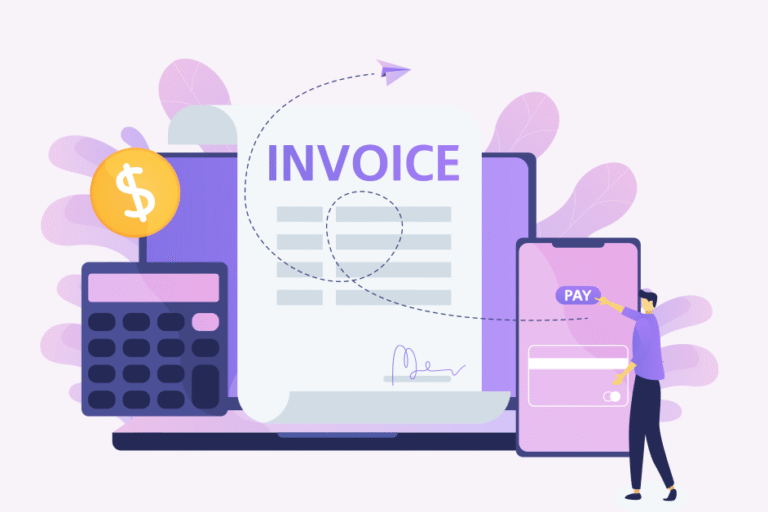
Task Management for Lawyers: 7 Useful Tips
10/21/2021 By Aina Inguito
Task management for lawyers can be difficult. Many lawyers struggle to prioritize and manage their overflowing to-do lists because everything they do feels important—and it is.
Between phone calls, emails, depositions, hearings and meetings there are dozens of tasks clamoring for their attention every day. Juggling multiple clients and pressing deadlines can make it hard to distinguish what needs to be done first. But failing to prioritize time-sensitive tasks can lead to missed deadlines, lost clients, and even malpractice lawsuits.
Organizing urgent tasks is all about time management and task management. By effectively managing time, lawyers can reduce stress, stay on top of their workload, be available to handle the crises that arise, and keep their clients happy.
- Write it all down
- Identify long-term goals
- Give everything a deadline
- Organize by importance and urgency
- Prioritize single-tasking
- Practice time-blocking
- Plan for fires
Tip #1: Write it all down
Lawyers are responsible for a lot; they need to remember details about their cases, follow up with key witnesses, research legal issues and keep up with court-appointed deadlines. Trying to retain all this information in one’s head is a recipe for disaster.
To ensure that nothing falls through the cracks—and to get a clearer understanding of what needs to be done—write down every task, time commitment, and action item. Whether this list is recorded in a physical notebook or electronically, be sure to include the following for each task:
- The time it will take to complete
- Any deadlines
- Any obstacles that are preventing the task from being completed
Tip #2: Identify long-term goals
While time management is key, it’s also important to keep in mind the reason why lawyers are working so hard.
Running a law firm isn’t simply about maximizing billable hours or raking in revenue, it is about helping clients solve their problems. Lawyers need to maintain perspective on the end goal—a satisfied client—and prioritize tasks that will have the biggest impact on this outcome.
Tasks that may not necessarily produce immediate results can be just as important. Lawyers need to focus time and resources on their long-term goals while keeping a pulse on what’s happening in the present time.
Tip #3: Give everything a deadline
Deadlines are what keep the legal industry moving ahead. While most tasks that fall on a lawyer’s plate will have deadlines associated with them, it is important to indicate time restrictions on everything.
Identifying time limits not only allows lawyers to better manage their time but also helps clients prioritize legal matters and make informed decisions about how to move forward.
Tip #4: Organize by importance and urgency
When it comes to time management and task management, lawyers need to consider both importance and urgency when determining what needs to be done first.
Some tasks might be time-sensitive—like filing research for an upcoming project—whereas others may be more important but not necessarily time-sensitive, like reviewing a client’s correspondence or drafting their will.
In the classic self-help read, The 7 Habits Of Highly Effective People, Stephen Covey gives a process to this concept by recommending people organize tasks based on one of four categories:
- Urgent and important
- Important but not urgent
- Urgent but unimportant
- Neither urgent or important
The urgent and important tasks should be done first, with important but not urgent tasks taking second place. If a task is urgent but unimportant, it should be delegated to someone else, and neither urgent or important tasks should be eliminated entirely.
Tip #5: Prioritize single-tasking
In the age of smartphones and tablets, it is easy to feel like a time management hero while juggling multiple tasks at once. But while trying to multitask may save time in the short run, it can also increase stress levels and decrease productivity.
Focusing on a single task allows lawyers time to concentrate and think through complicated legal matters. Like other professionals, lawyers may find that brainstorming or time away from the office is necessary to come up with solid legal solutions and strategies.
To effectively focus on one task at a time, eliminate other distracting tasks that could interrupt and redirect focus. This includes checking email and social media accounts, returning phone calls and texts, or talking to coworkers.
Tip #6: Practice time-blocking
While the unpredictable nature of law makes it hard to keep a consistent schedule, time-blocking can help establish time limits for working on specific tasks, like checking email, returning phone calls and planning. Identifying certain parts of the day where those tasks are most likely to get done will make it easier to create a schedule one can stick to.
For example, if client requests and demands tend to pop up more during post-lunch hours, a lawyer could set block time off every morning for other important, but non-urgent tasks. By time-blocking time throughout the day to complete tasks, lawyers can find more time to focus on what matters most.
Tip #7: Plan for fires
In the legal world, it’s not uncommon for a day to quickly become consumed with client meetings, phone calls and emails. Because of this, it’s crucial to get the important stuff on the to-do list done first so time isn’t wasted on time-sensitive tasks at the end of the day.
Urgent tasks are frequent for lawyers. So rather than hoping nothing pops up and ruins a well-laid plan, simply plan for things to come up. Get the most important work done before the client calls start rolling in and time is wasted trying to catch up.
When time management is a priority, time can be found in even the busiest schedules. Lawyers just have to know what time management tips work best for them and then start planning accordingly.
How technology can support task management for lawyers requires
When time management and task management is done effectively, lawyers can not only save time for themselves, but also their clients—which will provide the peace of mind everyone needs during times of great stress and time crunch.Being time and task-management savvy can be a huge benefit to any lawyer. Adopting automated time tracking practices also helps ensure that time is optimized and isn’t wasted on mundane tasks.. By practicing time-blocking, single-tasking and prioritization strategies, time is maximized, stress is reduced and more cases are won.



